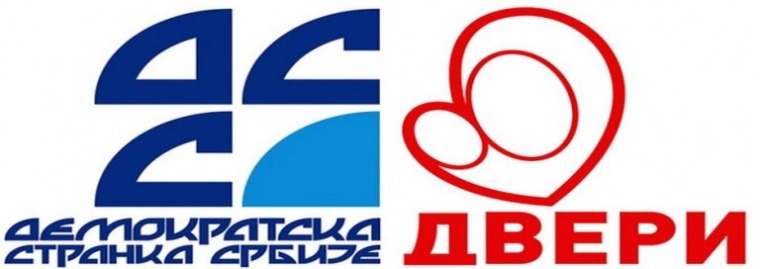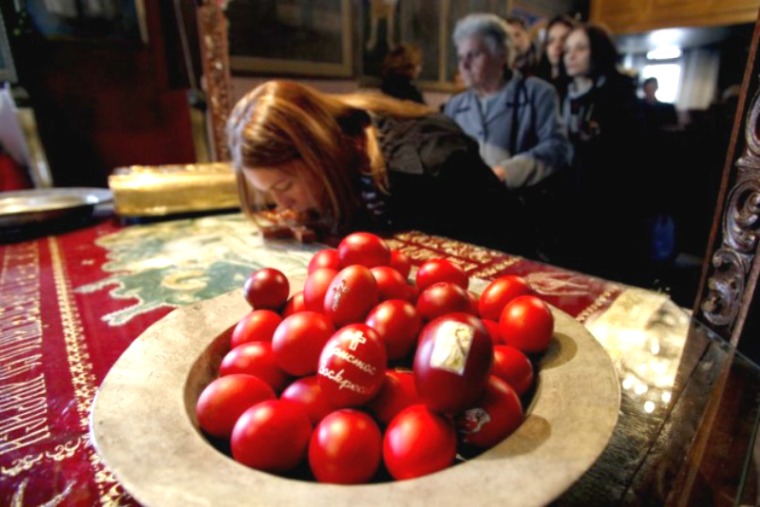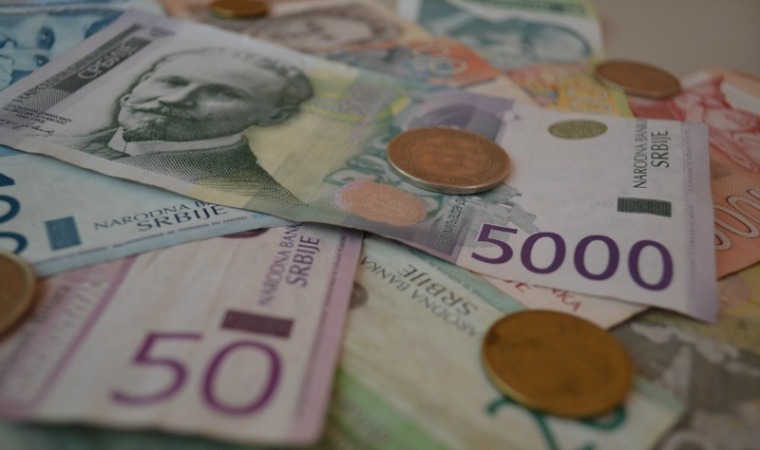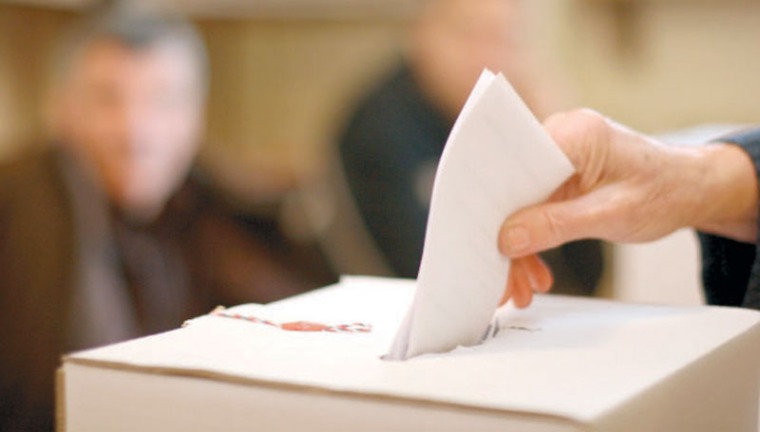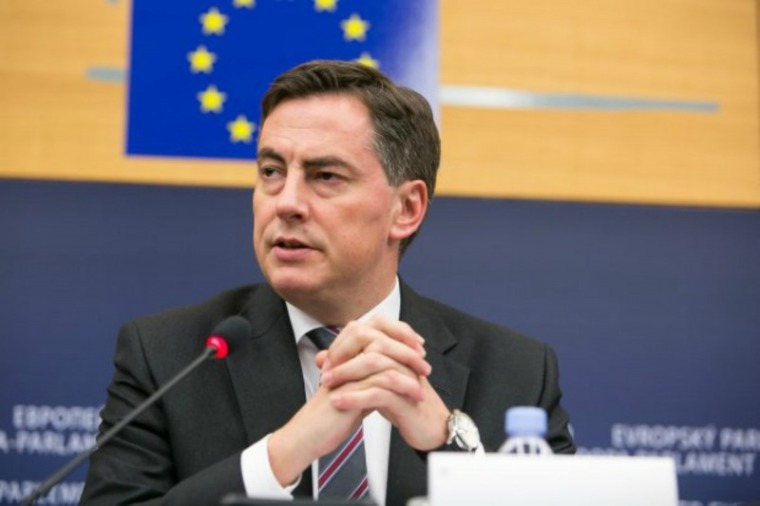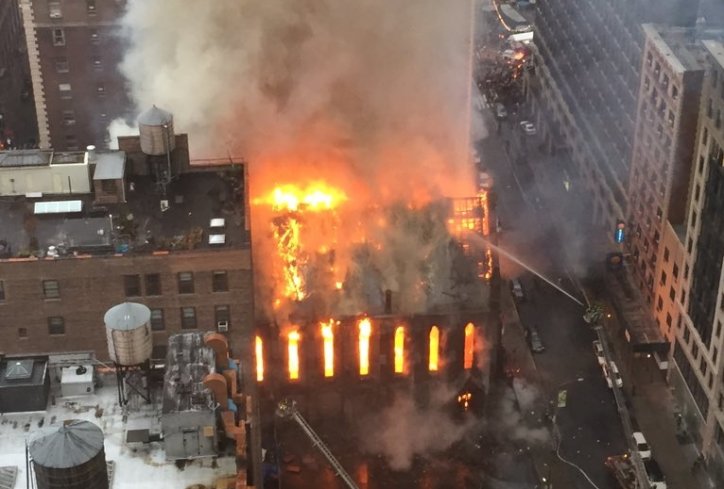
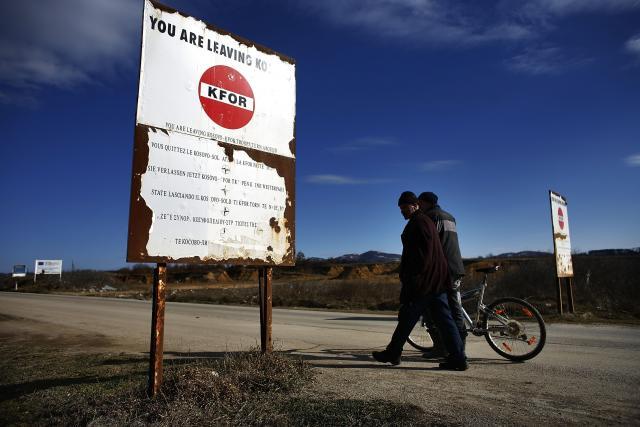
Serbian Government’s Kosovo Office Director Marko Djuric has said that “Serbia is considering introducing reciprocal measures for trucks from Kosovo.”
According to Beta agency, he said this was the case “because trucks from Serbia, including those with oil, continue to be blocked (at the administrative border).”
“We will not be quietly waiting for our interests to be trampled on. But I think there is still small room to solve this thing and I expect good news during the day,” he told state broadcaster RTS on Wednesday.
He called on representatives of Kosovo to stop the blockade and on the international community to react to Pristina’s behavior so far, which he said had “crossed all boundaries and entered the red zone of the unacceptable.”
“We are not preventing anyone’s trucks, with any kind of materials from entering central Serbia, we never prevented Pristina from trading. I am no longer asking Pristina, I’m asking international representatives how they can tolerate this,” said Djuric.
In its report, Beta quoted a Kosovo Customs statement issued on Tuesday that said that since March 22 “no vehicle transporting hazardous materials, including oil and its derivatives, entered Kosovo due to the measures of reciprocity, due to which Kosovo is losing EUR 100,000 every day.”
At the same time, the damage to Serbian companies affected by Pristina’s ban is said to be “EUR 21,000,” while the number of tank trucks prevented from entering Kosovo so far is said to be five.
The same source said that before “reciprocity was introduced” 10 to 15 trucks transporting natural gas, oil and derivatives entered Kosovo every day.
The Kosovo government “did not ban imports but only decided not to recognize ADR certificates, which enable drivers from Serbia to drive vehicles containing hazardous materials, such as oil, derivatives, and natural gas.”
Source: b92



